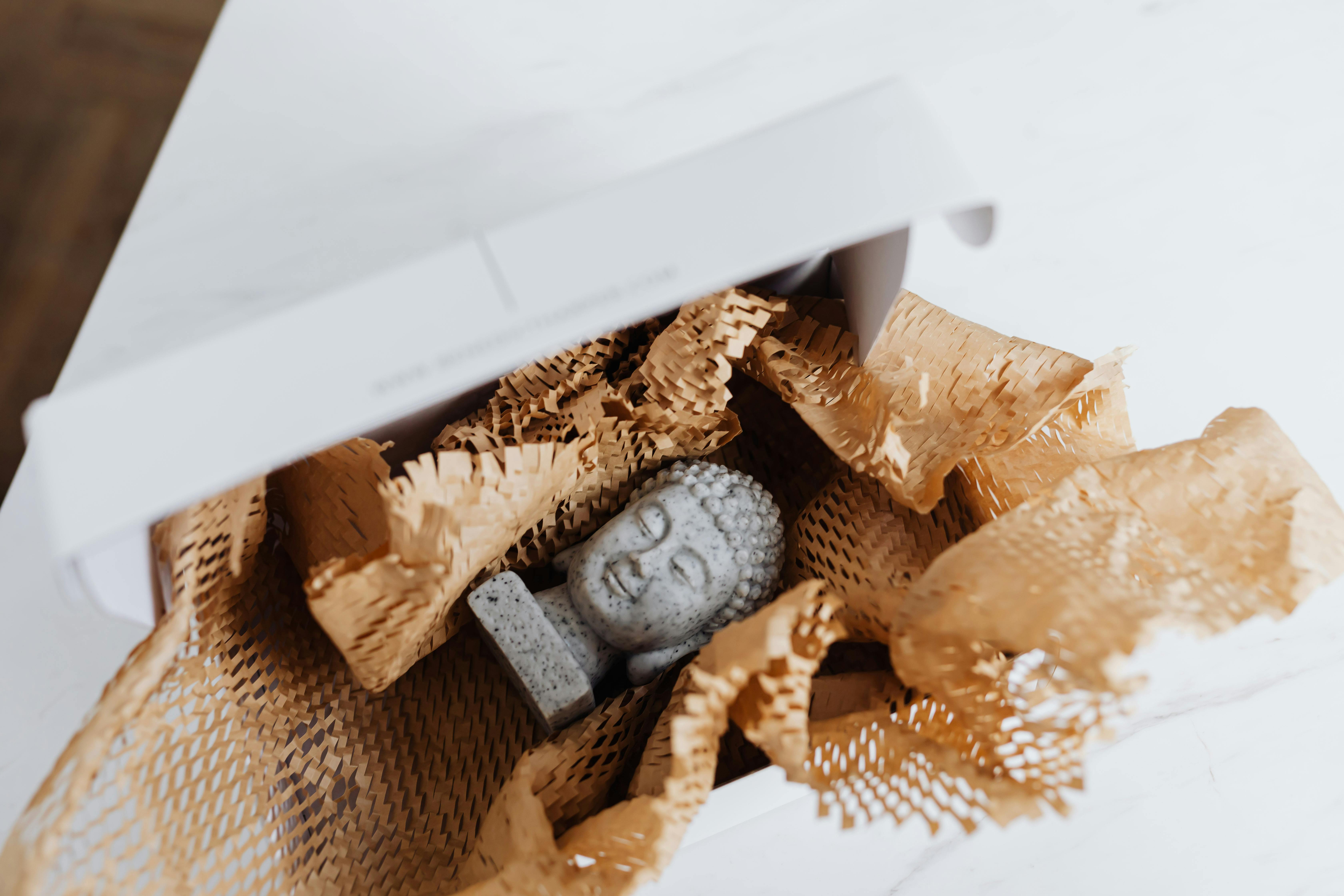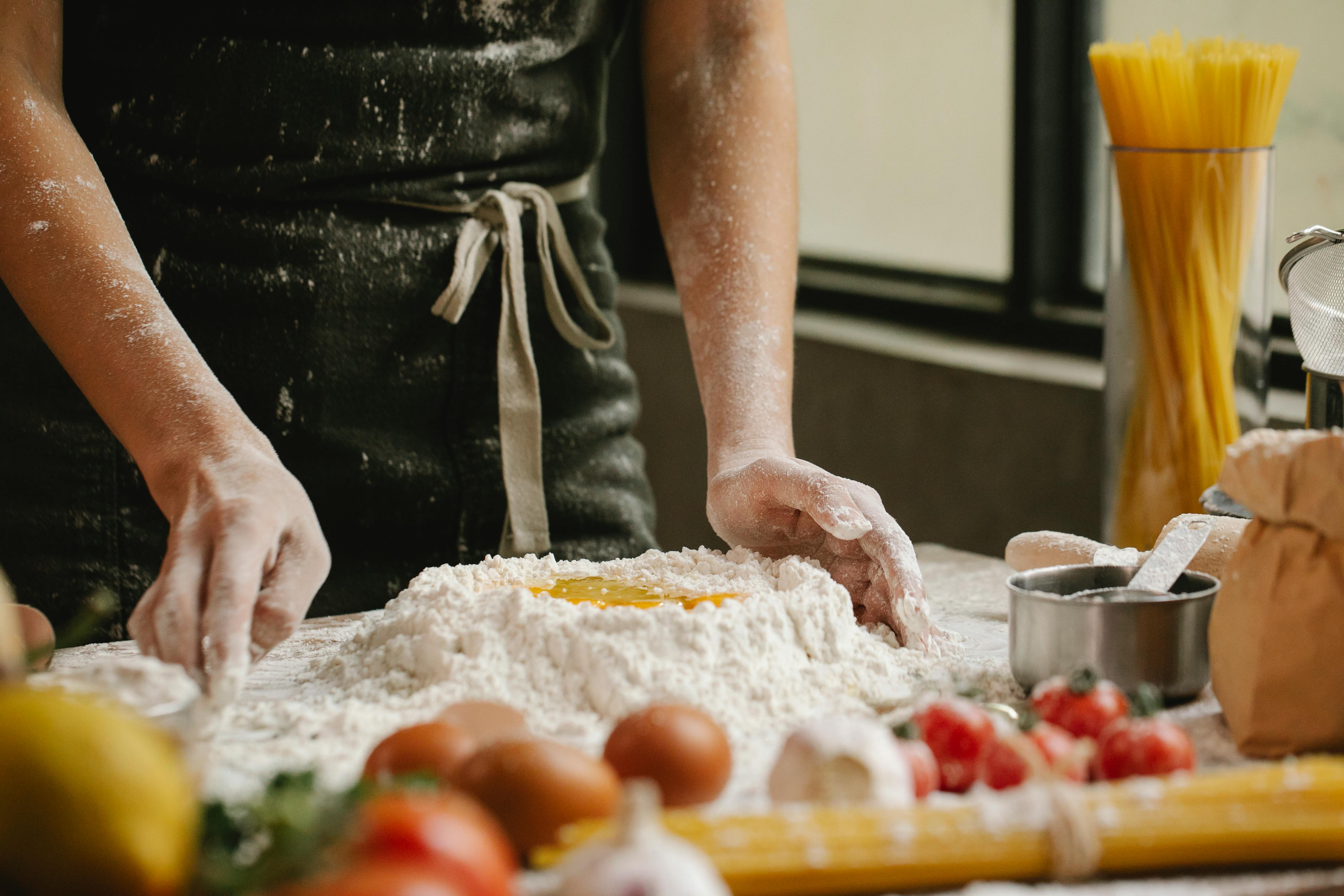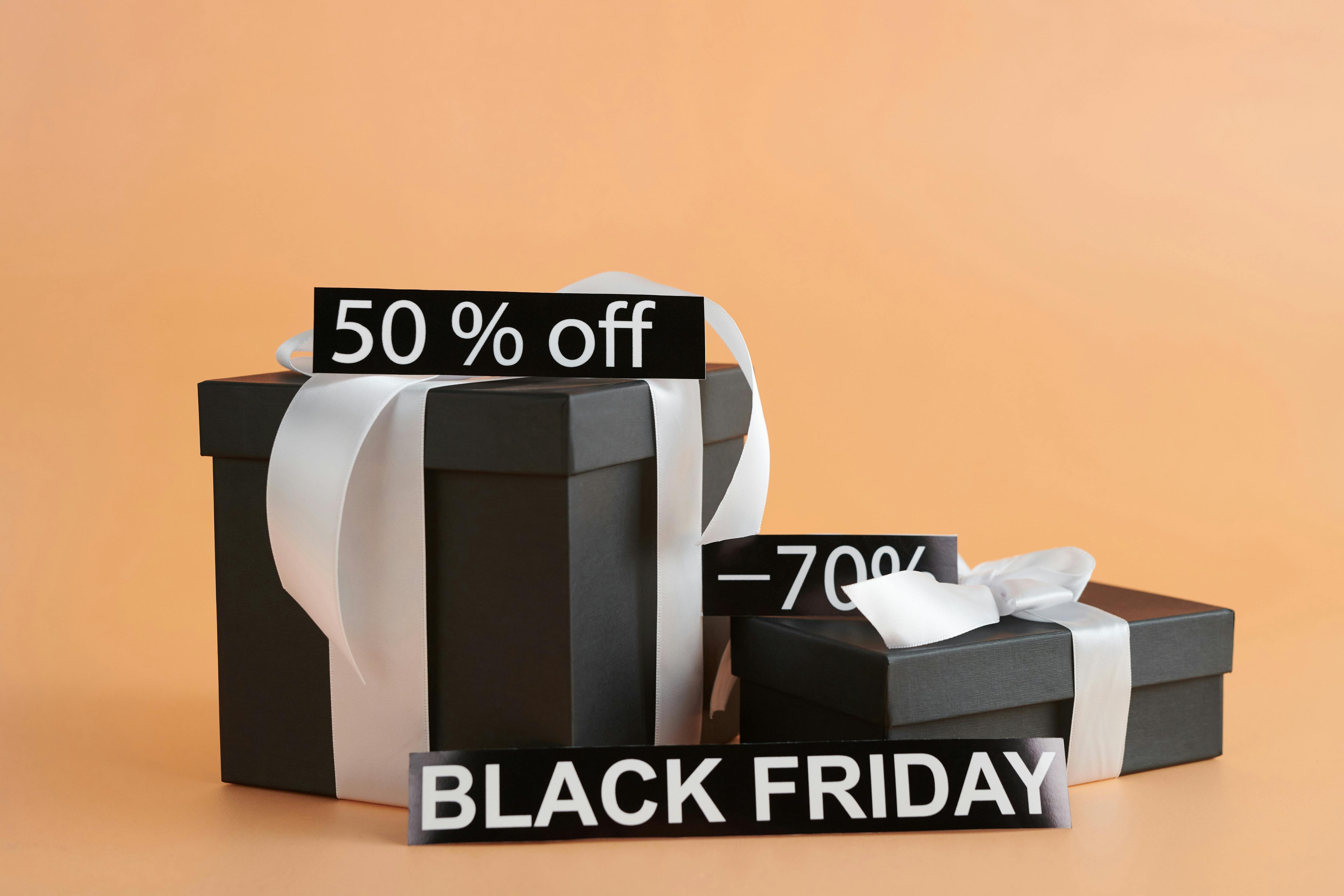Have you ever come to the end of a typical month (typical, meaning no house fires, no car accidents, no White House awards banquets)? and discovered, to your surprise and horror, that you had overspent on useless things every day by the hundreds or *gasp* thousands of dollars?! I may or may not be raising my hand right now, but I’ll admit I’ve accidentally stumbled upon huge credit card bills without realizing it on more than one occasion. Convinced it was a fraud, I would angrily scan my statement only to discover that I had been unnecessarily “treated” once or a hundred times, far too often. Those mistakes usually happened while I was prepping for a show and overworking myself, when there’s a distracted urgency and sleep-deprived craze behind my spending. However, I can’t blame everything on work.
There was a time or two when I spent too much for my income. If you’re like me and live on fluctuating income, It’s not unreasonable to have an accidental month of high expenses overlapping with a low in your income.
Then what do you do? mourn? Acquire credit card debt? I learned a long time ago that the luxury of taking on high-interest credit card debt is too expensive and, frankly, not as much fun as it seems on the soap operas. So I’ll do whatever it takes to prevent it. And because crying too much makes my eyes bulge like Kermit the Frog’s, I choose to take control and control my spending.
How? If you feel like your money is slipping through your fingers I like it sand through the hourglassI can identify myself, but it doesn’t have to be that way. You can fix the leaky faucet of bad spending habits in an instant with an easy, proven lo-fi technique.
Find yourself a little notebook
These days, there are plenty of apps out there to help you track your spending, so you can search the iTunes app store to find the one that suits you best. but in my experience the effect of keeping track of your expenses is more powerful when you do it with pen and paper. There’s something about scratching off analog-style numbers that makes them heavy enough to sink into your brain and have meaning. When you see a written list of numbers in your own wacky handwriting that gets longer and longer as the day goes on (instead of logging into your Mint.com account once or twice a month), you get a more direct impression. of what is happening with your money. .
A couple of years ago, I found myself in the awkward position of getting out of the haze of maternity leave (if that’s what you call taking a break from studying to have a baby), not having a good idea when I would get my next paycheck. she’d be showing up, while she had to manage the dazzling expense of a new baby. I realized that I had spent more money than I was bringing in and was about to exhaust my emergency fund, ouch! Just thinking about it makes me break out in a cold sweat. I figured I need to be especially careful for a few months and stay on a budget until I get back on my feet.which was something I had never tried to do before.
I added up all of my regular expenses (housing, utilities, insurance, etc.) and found that after I paid them off I had $30 a day to spend on everything else, which included all of our food (for a family of 3), my business expenses and materials, diapers, babysitters and anything else that may come up. In San Francisco, that seemed almost impossible.
So I just took out a little notebook and wrote down everything I spent money on, with the goal of staying under $30 a day. If I spent more, I would try to cut back the next day. If I spent less, then I had the balance ready to go towards a day that I missed. And without even trying something magical happened, naturally I spent less. Something inherent in the extra effort of typing in number after number deterred me from mindlessly picking up non-essential items and placing them on the counter next to my purchases. The practice of recognizing and recording what I spent each day led me to try the least expensive laundry soap and go the extra mile to go to the farmers market on the weekends. This exercise made counting my dollars as they spilled out of my hands a habit, rather than an afterthought.
I didn’t hit the target perfectly, But after the first month of doing this, I saved $1,200 from previous months’ expenses. I found great, less expensive brands for things I bought all the time, and just stopped mindlessly spending on junk (and I really didn’t think I bought that much junk!). The biggest surprise was that it wasn’t that painful. I initially felt punished when I had to give up an expensive block of mimolette and have the cheddar instead, but then I realized how much I was saving. I started to feel empowered!
I got through that lean time without resorting to big-ticket credit (which would have pushed me deeper into the hole), and for the most part, I’ve kept up the good habits I developed by tracking my spending. Now, although I am not constrained by the same daily spending limit, I am able to use my frugality to find extra money to save and invest, which I know will stabilize my artistic practice and fluctuating income in the long run.
Okay, okay, wipe that hurt look off your face and stop judging me. I know what you’re thinking! You’re imagining that my life is small, tasteless, and dark… But let me tell you, there’s nothing more deliciously comforting than the warm embrace you receive from a well-funded savings bank. I was talking to some MFA students about their finances a few weeks ago, and someone asked me if I had ever gone on vacation, after which he told me that if I didn’t relax once in a while I might die prematurely… I didn’t. . I really know how to respond at that point (apart from telling you about the super fun, very muddy, practically free camping trip I recently took), but after thinking about it for a while, this is what I should have told him:
When you have all your bases covered, you can do whatever you want, and to me that’s comfort, stability, and empowerment all wrapped up in one simple package. When it seems like my money is spending itself and I can’t control it, then it’s that much harder for me to relax, let alone go on vacation. Of course, it’s not about the money, it’s about knowing that I can support my family and support my art practice without going to extreme measures. And write down all my expenses, it’s not extreme-It just makes sense.



